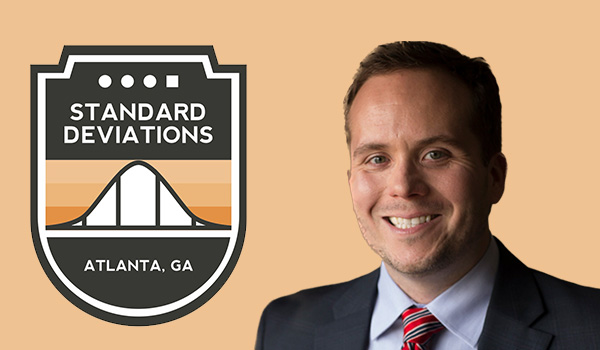This week on Standard Deviations with Dr. Daniel Crosby, Dr. Crosby is joined by Dr. Thomas Mathar.
Dr. Thomas Mathar, from Hamburg and now based in Edinburgh, heads up the Centre for Behavioural Research at Aegon UK. As a trained social anthropologist with additional training in behavioral economics, he researches how people can make better financial decisions. In Germany, he is known for his book Financial Wellbeing and appearances in media such as Stern and podcasts such as Alles auf Aktien. In the UK, he frequently speaks at financial conferences and is a highly regarded expert in his field. Tom (as he is known in the UK) is married and has two children.
Tune in to hear:
- How might financial planning conversations need to change in light of the new longevity many will experience?
- How will the “100 year life” affect the 3 life stages (education, work and retirement) that used to be more clearly delineated?
- How might we be able to give more salience and power to our mental image of a future self? What does Dr. Mathar’s research around this topic suggest?
- What are the differences between financial wellbeing and financial independence?
- If financial independence is all about a dollar value, how does financial wellbeing look different?
- Are there any heuristics Dr. Mathar can offer about following the money vs. following your dreams?
Compliance Code: 0564-OAS-3/6/2024
ABOUT STANDARD DEVIATIONS PODCAST:
Educated at Brigham Young and Emory Universities, Dr. Daniel Crosby, the personality behind STANDARD DEVIATIONS podcast, is a psychologist and behavioral finance expert who helps organizations understand the intersection of mind and markets.
Dr. Crosby’s first book, Personal Benchmark: Integrating Behavioral Finance and Investment Management, was a New York Times bestseller. His second book, The Laws of Wealth, was named the best investment book of 2017 by the Axiom Business Book Awards and has been translated into Japanese, Chinese, Vietnamese and German. His latest work, The Behavioral Investor, is an in-depth look at how sociology, psychology and neurology all impact investment decision-making.





